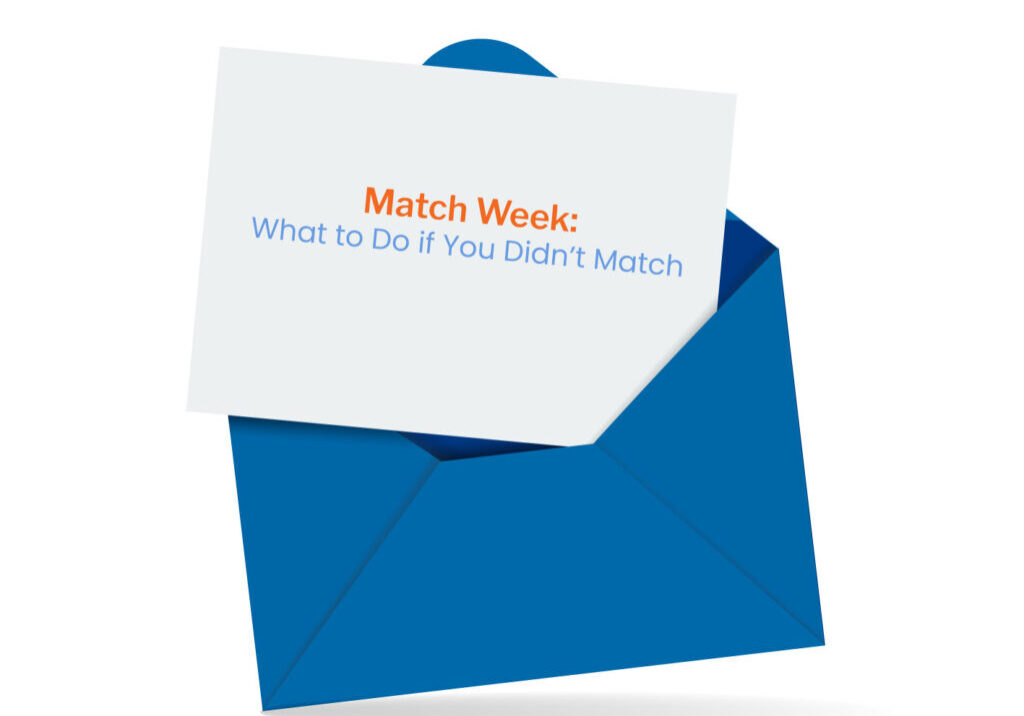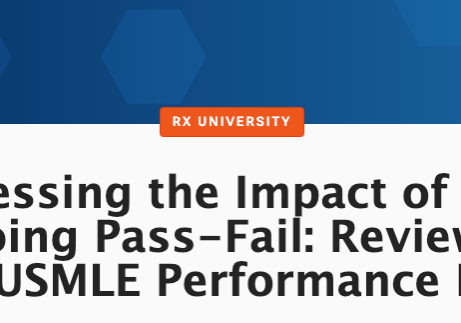By Luke Murray
 This post is part of a series called “Med School Done Right,” which will look at not just succeeding in medical school in the narrow terms of “getting good grades,” but at shaping the kind of experiences you want to have during these (usually) four very important years of your life.
This post is part of a series called “Med School Done Right,” which will look at not just succeeding in medical school in the narrow terms of “getting good grades,” but at shaping the kind of experiences you want to have during these (usually) four very important years of your life.
Check out part one and part two of this post….
Contrary to popular belief, you actually do NOT have a lot more time than you realize for all the random things you’d like to do. So while it may open your eyes to try to account for what you actually do in the 144 hours that exist in a week, trying to put into practice a life in which you DO account for all of them is not going to work.
What will fill up your life in medical school in a meaningful way are a small number of the right type of significant goals. What should they be? To find out how to do medical school right, let’s ask…the CEO of a metal company.
 Alcoa (Aluminum Company of America), is a metal manufacturing firm based in the heart of Pittsburgh. It had once been a giant among giants. But by the time Paul O’Neil arrived fresh off his job at International Paper to take the helm in 1987, it was a skeleton of its former self: employees were unhappy, productivity was down, accidents were up, costs had skyrocketed, and sales were sagging. O’Neil could have easily set goals and made plans to solve each of these problems. It would have been at least as tempting as it is for us to make a daily to do list that looks like “go to the gym, study for 3 hours, call my parents, do my grocery shopping and laundry, work on that essay, attend the interest group meeting…”
Alcoa (Aluminum Company of America), is a metal manufacturing firm based in the heart of Pittsburgh. It had once been a giant among giants. But by the time Paul O’Neil arrived fresh off his job at International Paper to take the helm in 1987, it was a skeleton of its former self: employees were unhappy, productivity was down, accidents were up, costs had skyrocketed, and sales were sagging. O’Neil could have easily set goals and made plans to solve each of these problems. It would have been at least as tempting as it is for us to make a daily to do list that looks like “go to the gym, study for 3 hours, call my parents, do my grocery shopping and laundry, work on that essay, attend the interest group meeting…”
He didn’t.
What he did do was this: Improve worker safety. Zero accidents. Zero injuries.
 At first glance, it looked like this focus might come at the detriment of all the other problems in the company. But it had quite the opposite effect. Guess what happened to the morale of the company when no expense was spared to keep its workers safe? It went up. Guess what happened to these workers’ productivity? It went up. Almost every other aspect of the company improved because of the natural spillover effects of this single “keystone habit.” Worker safety. Zero accidents. Zero injuries.
At first glance, it looked like this focus might come at the detriment of all the other problems in the company. But it had quite the opposite effect. Guess what happened to the morale of the company when no expense was spared to keep its workers safe? It went up. Guess what happened to these workers’ productivity? It went up. Almost every other aspect of the company improved because of the natural spillover effects of this single “keystone habit.” Worker safety. Zero accidents. Zero injuries.
Your semester may be tough. Your life may be overwhelming. But you do not have as many problems as Alcoa did in the late 80’s.
So pick a goal (or two) that could serve as a “keystone habit” and focus on it alone. You might be surprised that when you aim only at “training for a marathon” and “get through 25 pages of First Aid” every day, you end up also hitting “eat healthier,” “spend time with friends that share my interests,” and “get 8 hours of sleep per night,” without even having to write it down.



